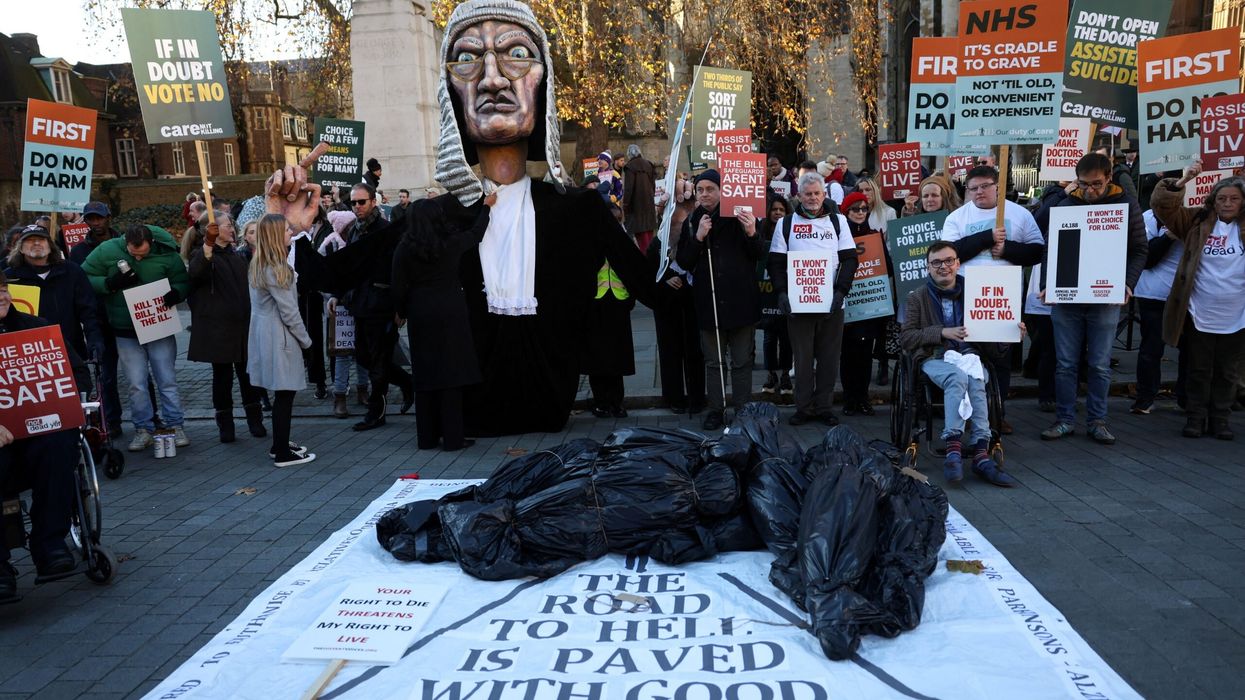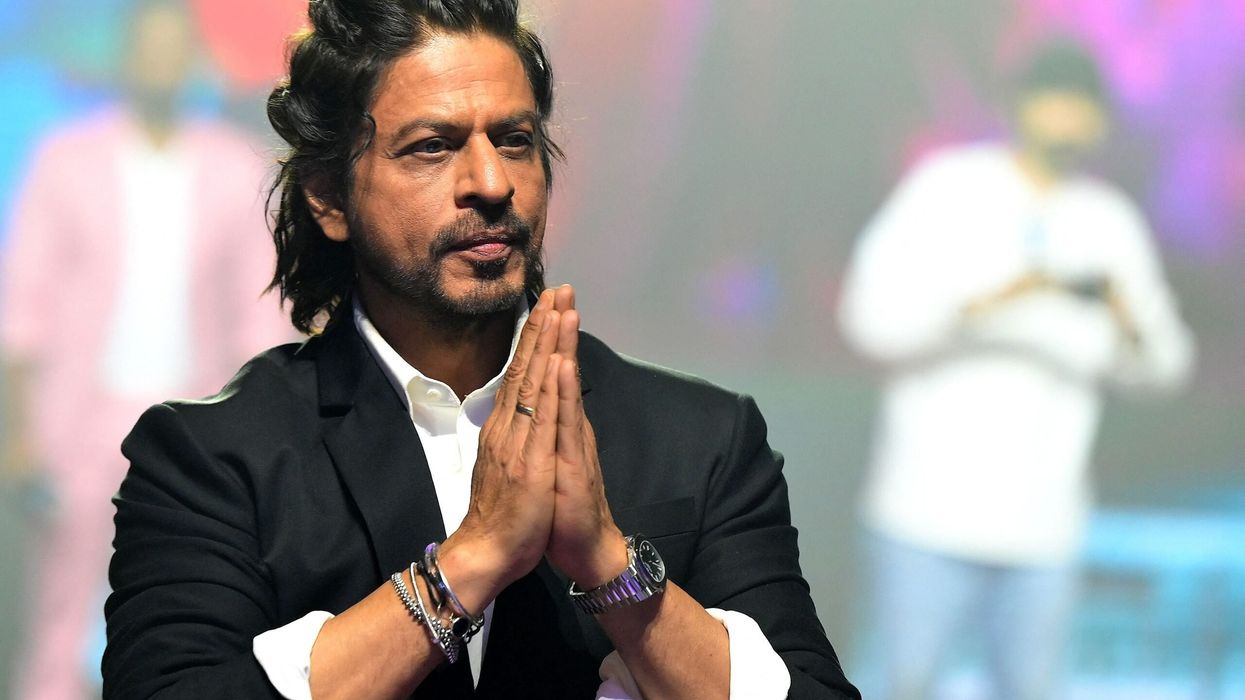By Amit Roy
THE vaccination situation in Colchester is best described as erratic. To be sure, I am concerned about my uncle who is 85 and lives by himself, but as of last week, had heard not a word about getting his first dose of the vaccine.
The health secretary Matt Hancock revealed on Monday (25) that four in five people over 80 have now received their first dose.
On the grapevine, my uncle was told of a couple, where the wife in her 70s had received her vaccine, but her husband, in his 80s, had not.
He heard of another man in his 80s who also feared he had been overlooked. In the end, he got in touch with his surgery who sorted things out for him.
On the radio last week, we were told not to ring our GPs on the grounds this would interrupt their vaccination work. We were reassured that everyone would be approached “eventually”.
Not wishing to phone my uncle’s surgery, I posted them a letter. I also emailed Will Quince, the Tory MP who held Colchester with a comfortable majority of 9,423 in December 2019. I pointed out my uncle’s dilemma but also asked whether he knew anything about the take up of vaccines by the ethnic minorities. Judging from anecdotal evidence, there is a problem in Colchester.
On Monday, my uncle’s surgery got in touch and quickly arranged for him to get his vaccine on Friday (29) – for which we are both very grateful. I didn’t hear from Quince directly but on Monday the MP’s office was in touch, saying that with my uncle’s written consent, “Will would be happy to contact the local Clinical Commissioning Group”.
I was also told, “We advise that any requests for comment be directed to the North East Essex Clinical Commissioning Group (NEECCG) as they are fronting the local vaccination rollout programme”, and given their email.
I am sure there are many others who were waiting just as anxiously as my uncle in Colchester, where the vaccine rollout jumped to the 70s before the 80s were done.
As far as the coronavirus is concerned, Boris Johnson’s claim that the new UK strain is not only more contagious but also deadlier than the original is a matter of concern.
The prime minister told a Downing Street conference last week: “In addition to spreading more quickly, it also now appears that there is some evidence that the new variant – the variant that was first identified in London and the south-east – may be associated with a higher degree of mortality.”
This point was repeated by the health secretary.
Even using the government’s statistics, the death toll for the UK will breach the 100,000 mark in days. If excess deaths are taken into account, that grim milestone has already been crossed.
Standing alongside Boris was the government’s chief scientific adviser, Sir Patrick Vallance, who said: “It may be that it [new variant] binds more solidly to the receptor for the virus and gets into cells more easily as a result. It may be that it grows more readily in certain cell types.
“Those are things that people are looking at and more information will come. What we can conclude is that there must be some mechanism by which it can actually bind or enter cells somehow.”
He acknowledged there was “a lot of uncertainty around these numbers” but that early evidence suggested the variant could be about 30 per cent more deadly.
Sir Patrick said if 1,000 men in their 60s were infected with the old variant, for example, roughly 10 of them would be expected to die – but this rises to about 13 with the new variant.
We are told there is a “supply issue” with the vaccines. The NHS is vaccinating people as quickly as it can, but apparently there are shortages. It is hard to see why when the Oxford vaccine is made in the UK.



















